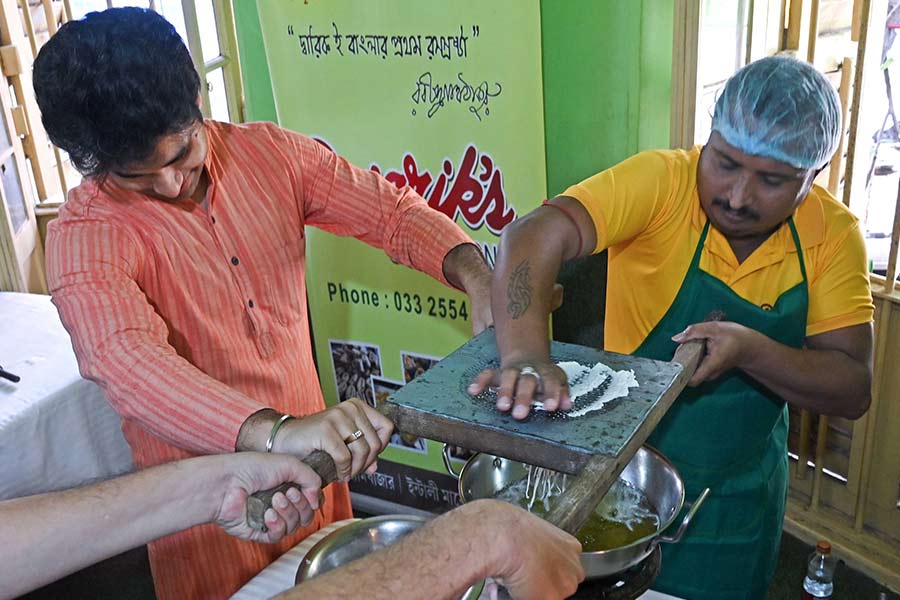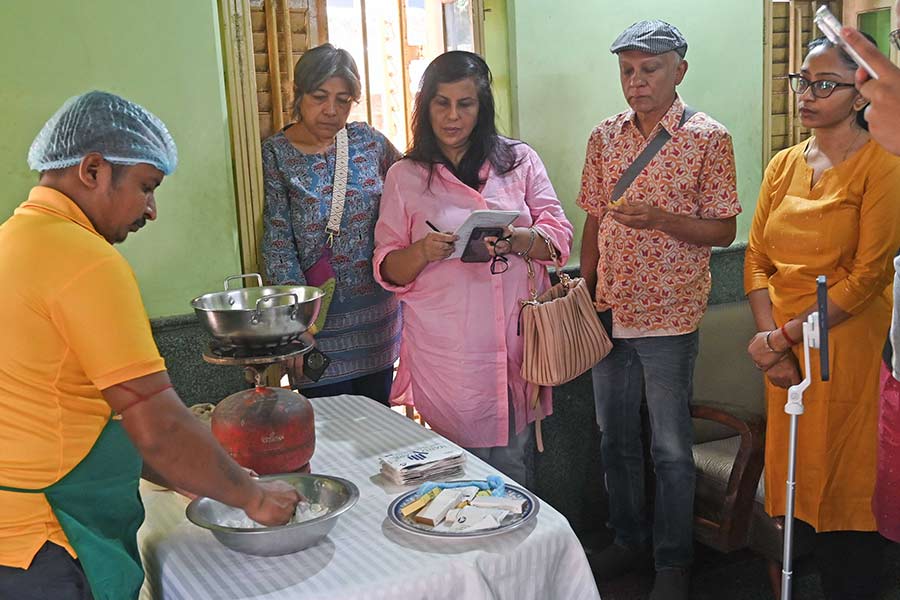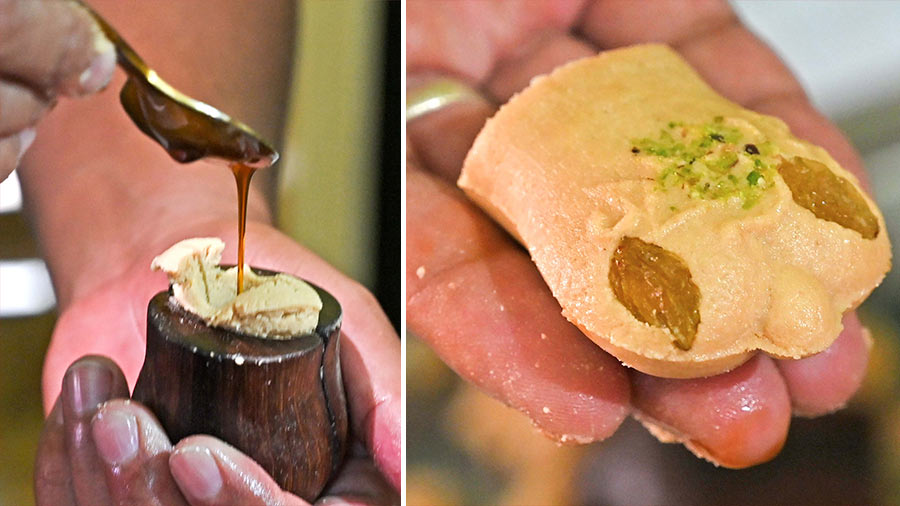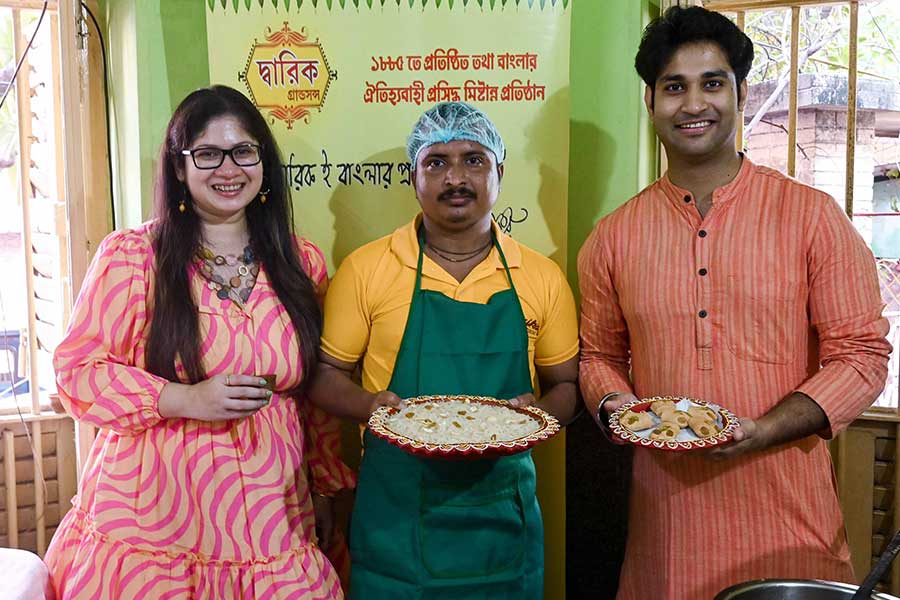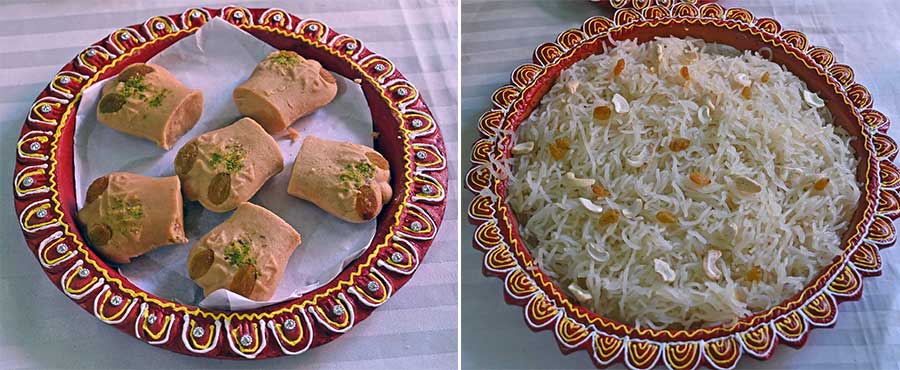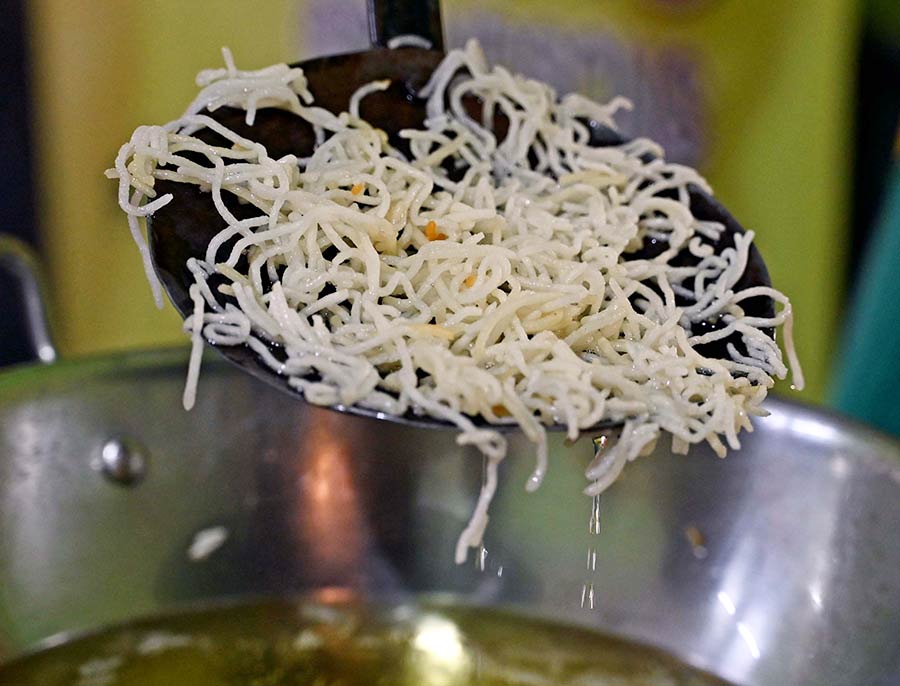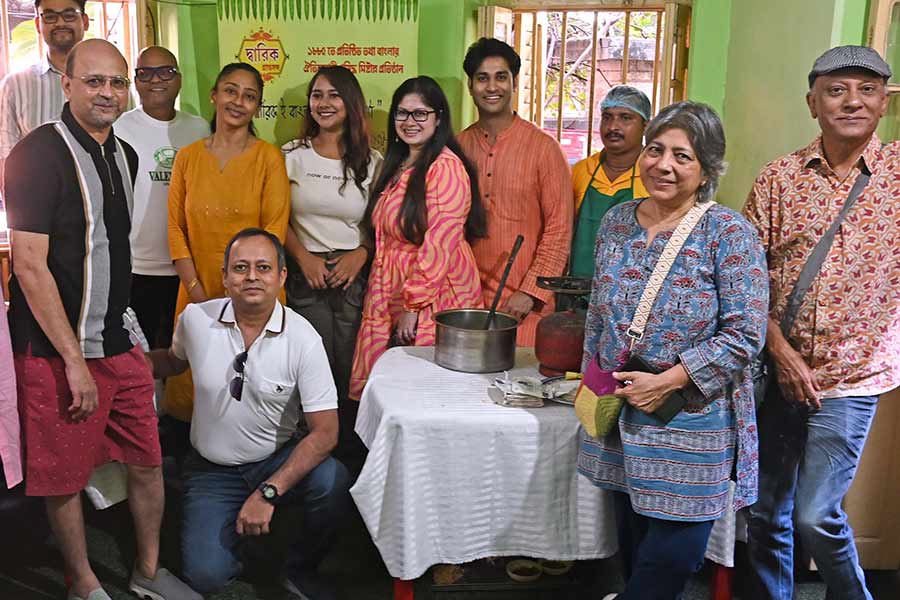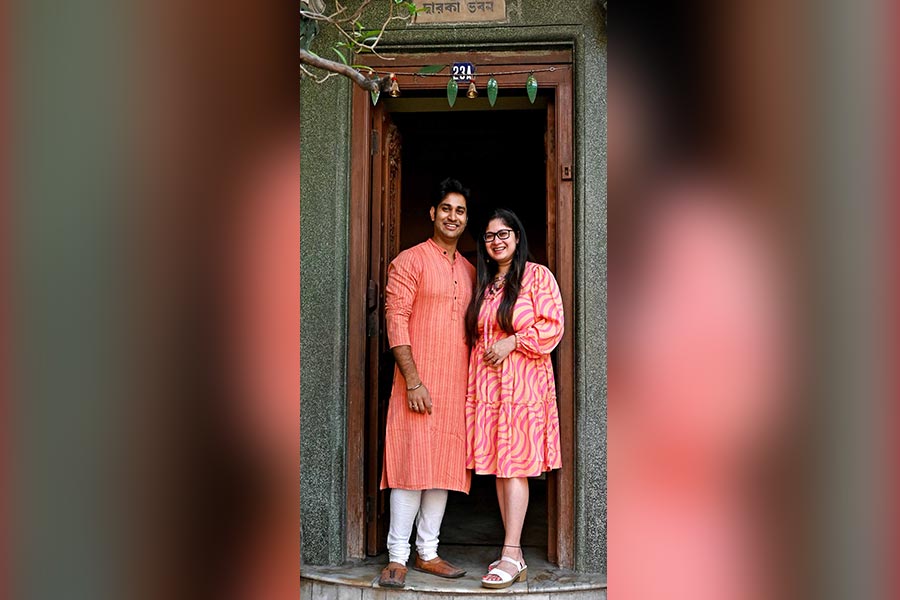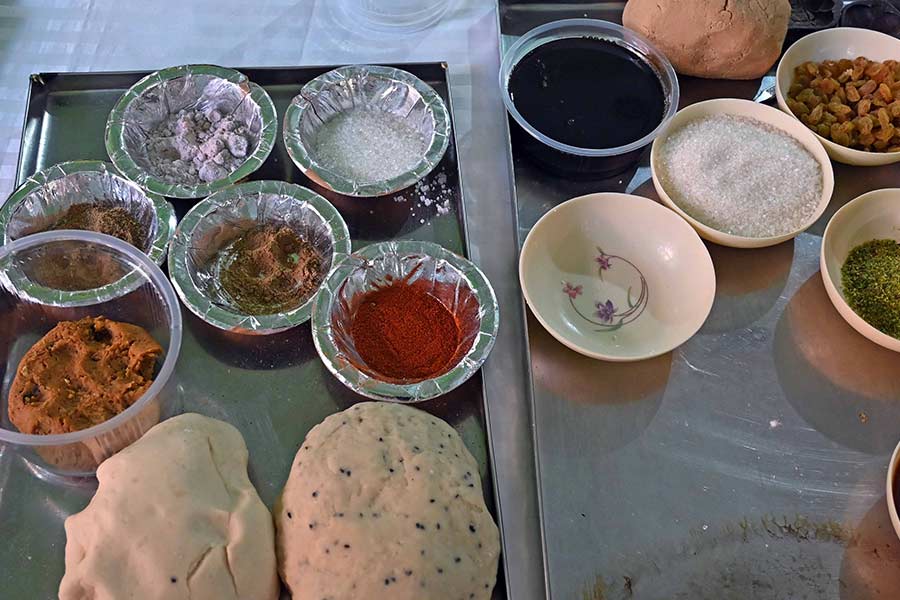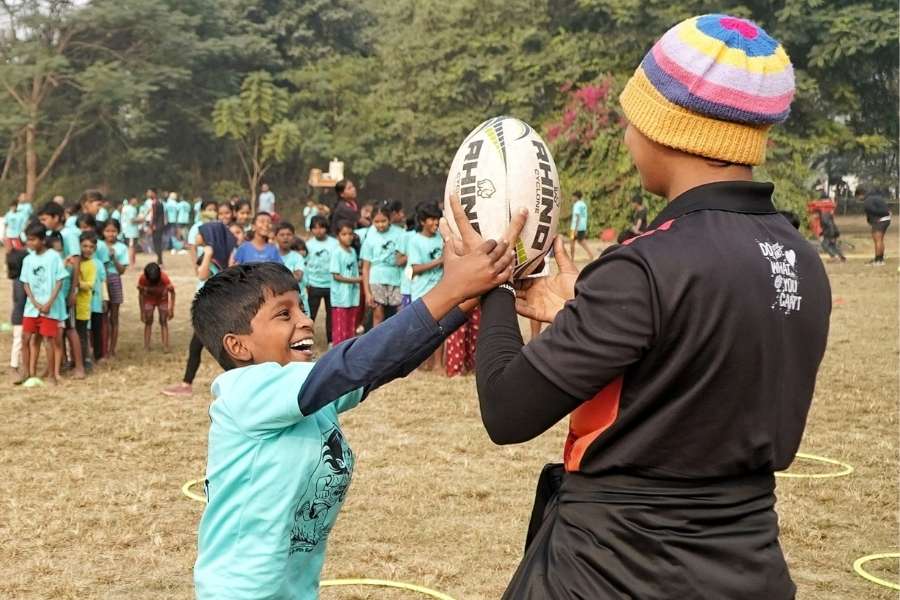On a Sunday morning at the historic Dwarka Bhawan on Shyambazar Street, the ancestral home of the Ghosh family, the familiar aroma of chhena, ghee and cardamom drifted through the air. Curious participants gathered around large tables, ready to learn the craft that has shaped Bengal’s culinary identity for more than a century.
Dwarik’s Grandsons, one of Kolkata’s oldest sweet makers, has launched a mishti-making workshop to revive interest in traditional Bengali sweets at a time when the industry is facing a severe shortage of skilled karigars.
Fifth-generation owner Rohit Raj Ghosh has put the initiative together in collaboration with Immersive Trails Global. He began the morning by speaking about the changing landscape of the mishti industry. “With changing times, you will find that the labour market in the sweet-making sector has gone down. The demand has gone up, but the supply of labourers is a problem. That is why I wanted to create this workshop and revive the recipes of the bygone era,” he said.
For Rohit, the workshop is not just a demonstration but a way to keep Bengal’s culinary heritage alive. “We create fusion sweets today, but I want to preserve the heritage of Bengali mishti. Through this small initiative, I aim to protect the lost recipes of Bengali sweets like shorbhaja and sita bhog so that people can go back home and try out the recipes themselves,” he added.
His voice carried both nostalgia and determination as he explained why traditional methods matter so much. “Machinery will never give you the taste of the original flavour. The grainy texture of the sandesh that existed earlier is only present in the haate gora (handcrafted) mishti. I want to preserve that lineage.”
Before the cooking began, participants were welcomed with a lavish Dwarik’s breakfast. Conversations flowed as people tucked into classic favourites. Soon, the space transformed into a classroom. The morning’s first lesson was Jolbhora sondesh, followed by Chhaanar polao.
Participants leaned as the experts demonstrated how to balance moisture in the chhena and shape each piece without losing the delicate centre. Phones hovered overhead, fingers pressed dough anxiously, and the room buzzed with laughter each time a mishti collapsed or came out perfectly. The savoury session that followed brought equal excitement, featuring Padma nimki and Khasta kachori.
Before starting the session, Ghosh shared a brief history of the legacy mishti makers, “Dwarikanath Ghosh was the founder. He started this place in 1925, but his journey began much earlier in Shyampukur in 1885. We were the first to start vegetarian catering. Rabindranath Tagore was one of our eminent customers and he called Dwarik Banglar prothom rashosroshtha,” he said. The pride in his voice matched the reverence of the old building where the workshop was held.
As the session ended, participants carried home recipes, stories and a deepened appreciation for a craft that shaped generations of Bengali households. The next workshop will be held on December 7, and slots can be reserved from the website of Immersive Trails.
